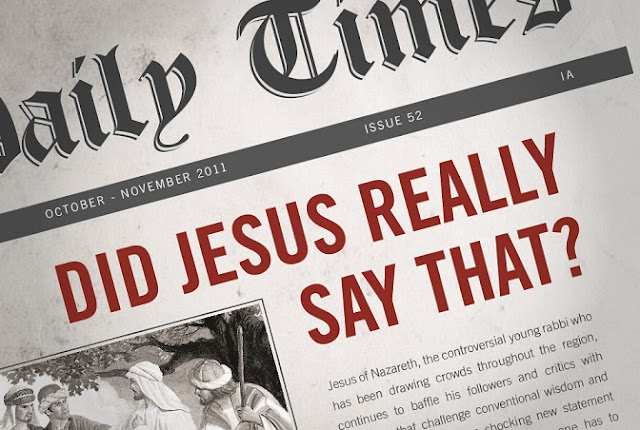“Then God said, ‘Let
us make mankind in our image, in our likeness, so that they may rule over the
fish in the sea and the birds in the sky, over the livestock and all the wild
animals, and over all the creatures that move along the ground.’ So God created
mankind in his own image, in the image of God he created them; male and female
he created them. God blessed them and said to them, ‘Be fruitful and increase in number; fill the earth and subdue it. Rule
over the fish in the sea and the birds in the sky and over every living creature
that moves on the ground’… God saw all that he had made, and it was very
good!”
(Genesis 1:26-27; 31, NIV).
(Genesis 1:26-27; 31, NIV).
“To err is human,” according to the old saying. Maybe so. But
there’s lot more to being human than making mistakes and errors. We have all
been made in the image of God. That urge to create, to bring order out of
chaos, to make our mark on the world; the anger we feel in the face of the
injustice, the pleasure we feel in the face of beauty, the hope we feel for a better
future – all of that is the image of God finding expression in us, human
beings.
It is true that the image
of God we expressed is distorted, even fractured. But there it is nevertheless,
glimmering in this interaction, shining in that choice, bursting forth in our
longings. God’s image in us forever
calls us back to the One who is its original.
That realization changes
the way we look at ourselves. It also changes the way we look at others. “There are no ordinary people,” C.S.
Lewis wrote. “You have never met a mere
mortal.” Once you start seeing the image of God in yourself and others, the
world never looks the same again.
THINK BIG.
START SMALL. GO DEEP.


























